Youth have a massive interest in video games, individually and as members of competitive esports teams. Esports is growing exponentially: Business Insider says the esports market is on track to surpass $1.5B by 2023. Along with that growth comes significant opportunity — a portion for the gamers that compete, and most of it for the surrounding ecosystem of game designers, marketers, data analysts, graphic artists, organizers, journalists, physical trainers, and more.
Esports presents opportunities for meaningful career-focused education, and it also opens the door for education around self-awareness and healthy habits. Read on to learn how the non-profit North America Scholastic Esports Federation (NASEF) is helping educators leverage esports to connect learning to play. From English Language Arts to STEAM to health and wellness, youth are learning career and life skills through scholastic esports.
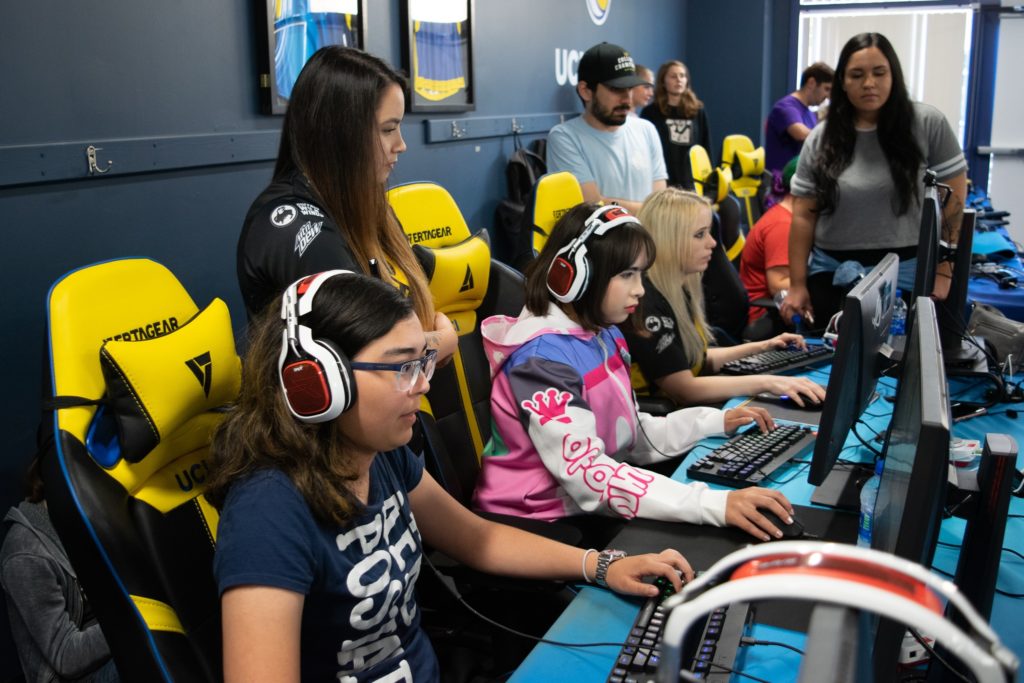
Why esports? Students who love to game are thrilled to have an option to represent their schools on teams, and countless others join to be part of a community of like-minded people. “Esports is relevant to us because it’s relevant to the kids,” said Alberto Carvalho, Superintendent of Miami-Dade County Public Schools. “We need to create environments that match their own ambitions and learning… being engaged from the earlier stages like game development, to competition, can be productive and engaging and can actually boost student achievement. That’s why I believe in it and that’s why we have it in our school system.”
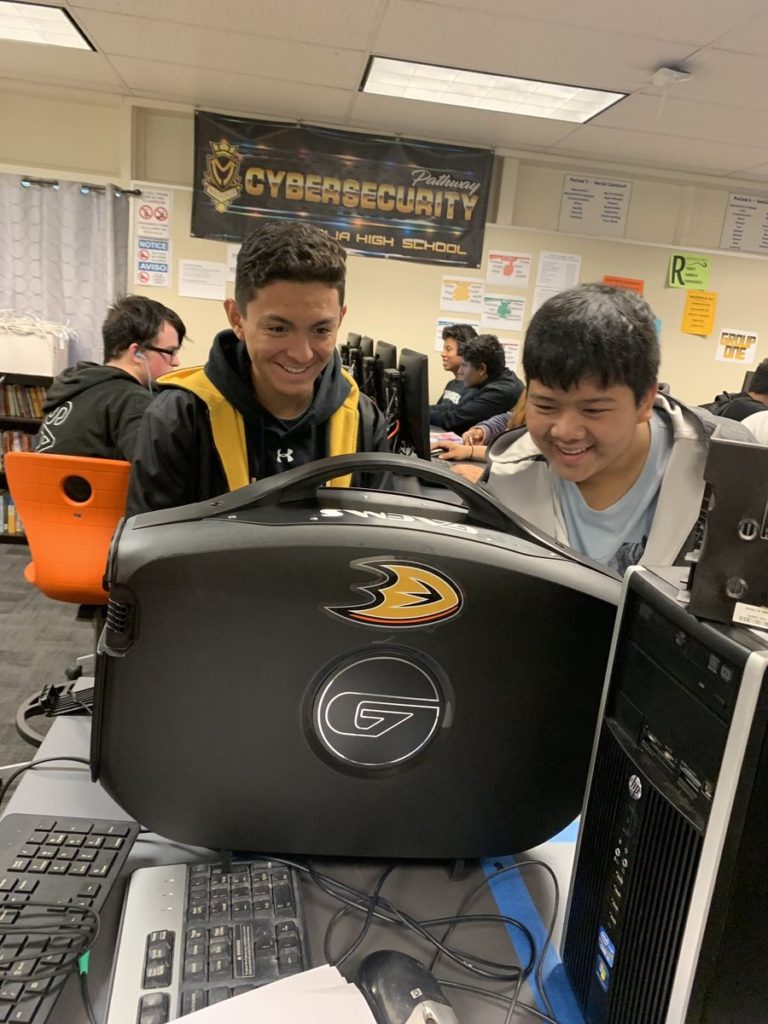
NASEF is on a mission to provide opportunities for all students to use esports as a platform to develop STEAM-based skills and social emotional attributes such as communication, collaboration, and problem-solving abilities needed to thrive in work and in life. Being healthy involves much more, so NASEF recently undertook a health and wellness initiative to positively support and improve the health and well-being of all students.
NASEF, along with its partners the Susan Samueli Integrative Health Institute, UCI Esports, Dr. Wayne Jonas, and the San Diego County Department of Education partnered to create a health and wellness framework for scholastic esports.
Making the right choices about nutrition, sleep, exercise, and friendships is challenging, and scholar gamers face additional hurdles to achieve a sense of health and wellness. Having energy, feeling connected to others, and following their passions helps students practice better, play better, and game better. Having these skills on the teams transfers to student lives and communities. When scholar gamers are well, the whole esports ecosystem is better.
Well-being is far more than just being healthy. Students who are well are confident, satisfied and have a positive outlook on their lives. They have strong relationships, feel valued and have social and emotional skills that provide strength during challenging times. Students who have a high sense of well-being are also more successful in school and on their teams. Studies show that these students have fewer absences, are more focused and have higher achievement in school.
NASEF’s health and wellness framework addresses four domains of youth life that reveal skills and attributes that impact health and well-being. Against the backdrop of scholastic esports, “Play Well. Be Well.” offers structure and support for activities, lesson plans and resources to help educators and scholastic esports leaders create a successful program of wellness for their esports program. The toolkit anchors the Health and Wellness learning resources offered by NASEF.
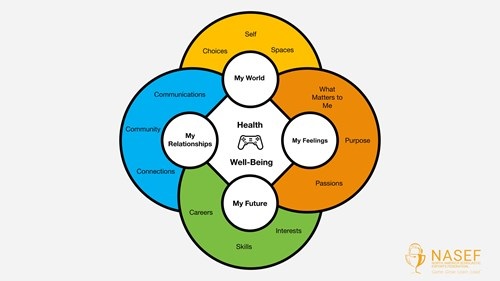
NASEF focuses on the domains of My World, My Feelings, My Future and My Relationships to develop self-management, responsible decision making, self-awareness, social awareness, and relationship skills, with a goal of helping to build these into students’ lives, for their own well-being and their communities’ well-being.
My World includes becoming aware of the areas of my life where I have control and how that affects my health and well-being.
- Choices: Food and Drink, Sleep, Movement
- Self: Physical health, Energy, Stress/Anxiety
- Spaces: Safe, comfortable, healthy physical, virtual, and digital spaces
My Feelings includes an awareness and mindfulness of myself and skills relating to emotional intelligence.
- What Matters to Me: My beliefs, what do I want in my life
- Purpose: What motivates me; what do I want to change in the world; feeling connected to something larger than myself; finding strength in difficult times
- Passions: What do I like to do; what makes me feel “flow”; finding my voice
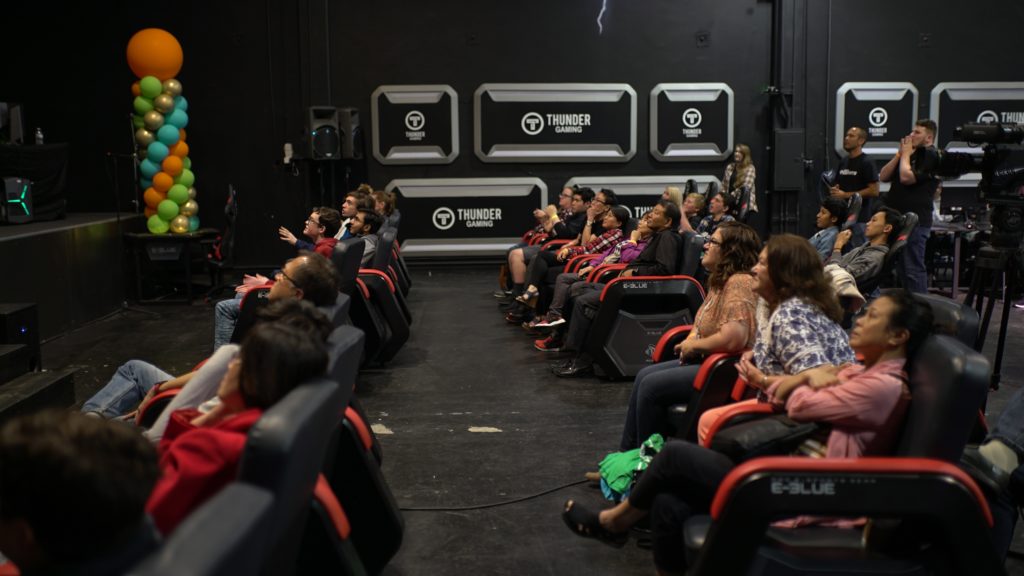
My Future includes understanding my interest-driven life goals and overall interests to help guide what classes to take, what skills to build and my participation in other educational or career-focused efforts.
- Career: Potential careers in scholastic esports; internships
- Skills: Learning and growing; life-wide and life-long learning
- Interests: Curiosity/ taking risks, developing abilities and talents. Balancing and taking on responsibilities where you live, go to school, volunteer, and work.
My Relationships includes feeling listened to and connected to people I respect, value, love and care about. It encompasses the quality of my communication with family, friends and people in my school.
- Communities: What are my communities, and what is my identity in those communities; how do I contribute to my communities and how do my communities support me; who is in my community and how do we work together, whether family, school, out-of-school, or support organizations?
- Connections: Building relationships and interacting with others across diverse backgrounds
- Communication: Skill-building, listening, empathy, cooperating, when to be a team player/leader, constructive conflict resolution
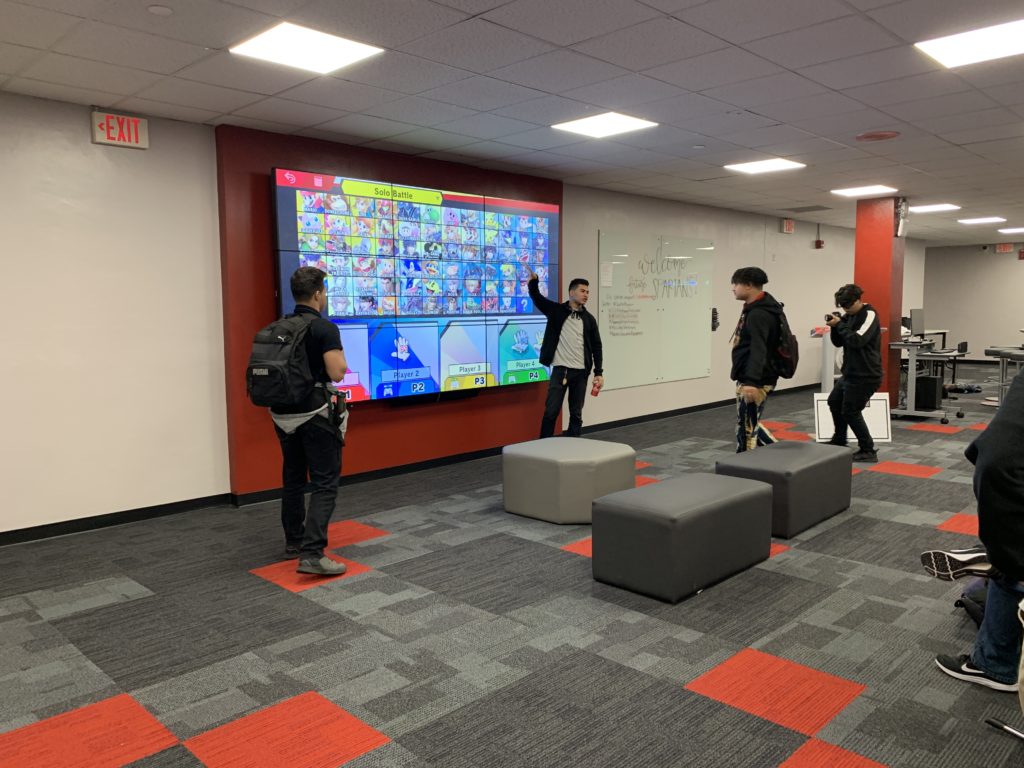
With these principles in mind, NASEF created a check-in tool for gamers to evaluate their status in these important areas. It’s a quick way for youth to evaluate their state of mind and readiness to play and perform at a high level.
As you can see, scholastic esports provides a way to reach students at the heart of their interests and help them develop skills, explore career pathways, and improve their health. Visit NASEF.org and learn how to start a club, access free curriculum, teach about esports career pathways, and leverage esports to teach kids about healthy gaming and how to Play Well. Be Well.

